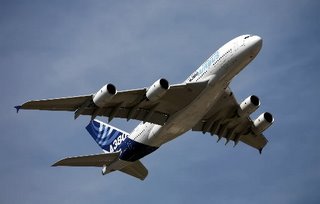
Singapore billionaire Ng Teng Fong's S$165.8 million ($107 million) winning bid for a downtown waterfront site will help him secure a hold in the key corridor of the city's financial district, analysts said. The developer, who bought the site through his Hong Kong unit Sino Land, plans to build a luxury boutique hotel with restaurants, shops and entertainment outlets, the government said in a statement. Ng owns the Fullerton Hotel and One Fullerton entertainment complex, located next to the site.
The price also exceeded the S$110 million it paid for the Fullerton site in October 1997, a property that's five times larger in size and sold at the start of the Asian economic crisis. Securing the site now allows the developer to build complementary properties instead of competing with the Fullerton.
The purchase price is 53 percent higher than a rival bid by Park Hotel Orchard, which offered to pay S$108.3 million. Sino Land's price works out to S$16,580 per square meter for a site with a 60-year lease, compared with the Fullerton's S$2,188 per square meter price on a property with a 99-year lease.
Sino Land said in a statement the new development would complement what it has in the area, and envisions a “Fisherman's Wharf” type project to draw tourists. Singapore sold the site for an attraction to help its target of doubling the number of overseas visitors to 17 million by 2015.
The new site costs 7.5 times more per square meter than the 99-year leasehold Fullerton site and only comes with a 60-year lease. It was $57.5 million or 53 percent higher than the next bid. Did Ng pay too much? There will be further parcels up for sale in the first half of next year. Will this affect the pricing of those land parcels?
Let us know what you think.
Post Title
→Was waterfront strip worth billionaire Ng’s $165.8 mil?
Post URL
→https://manufacturing-holdings.blogspot.com/2006/12/was-waterfront-strip-worth-billionaire.html
Visit manufacturing-holdings for Daily Updated Wedding Dresses Collection












